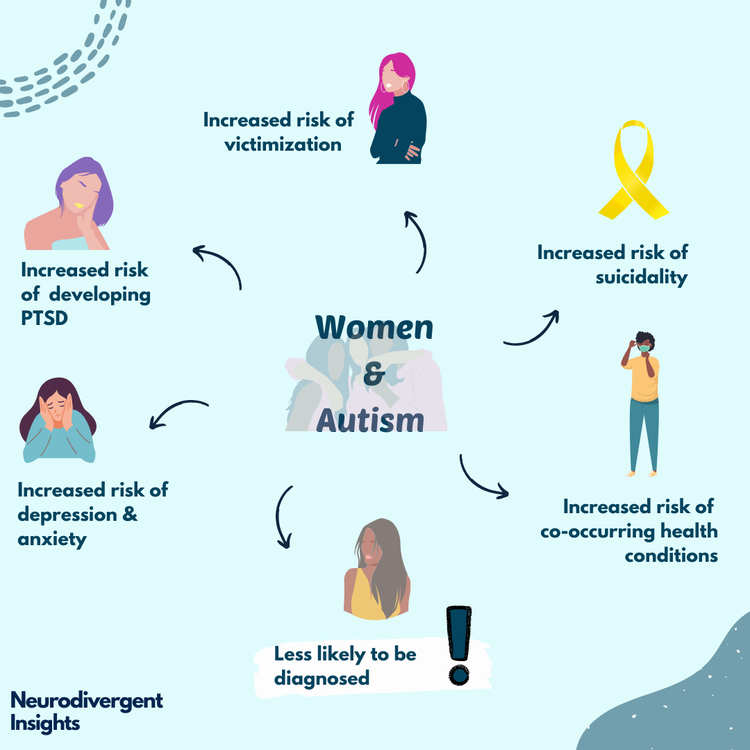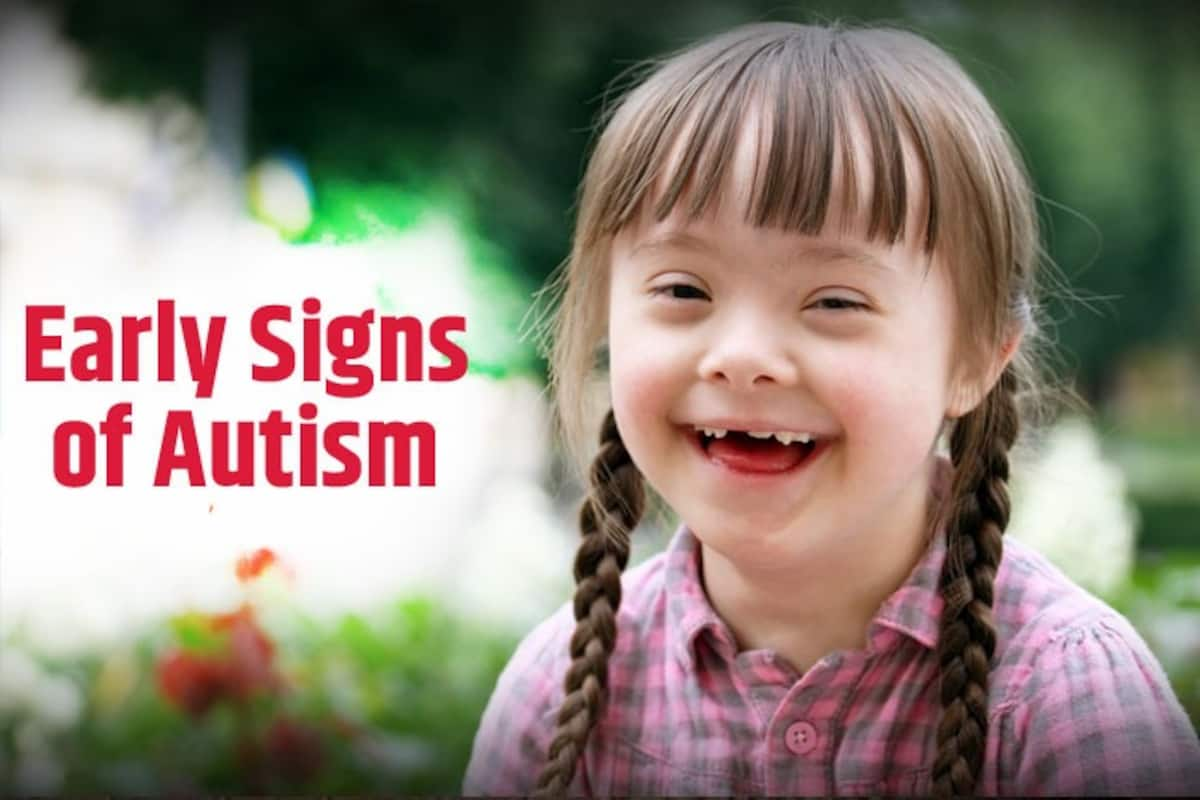How to Produce an Inclusive Setting for Pals and Family with Autism
How to Produce an Inclusive Setting for Pals and Family with Autism
Blog Article
Comprehending Autism: A Comprehensive Overview to Symptoms And Signs
Autism Spectrum Problem (ASD) includes a broad range of attributes that can substantially impact an individual's social interactions and daily performance. Understanding these subtleties not just aids caregivers and instructors in offering appropriate assistance but additionally promotes an extra comprehensive environment for individuals with ASD.
Review of Autism Spectrum Condition
Specifying Autism Spectrum Condition (ASD) involves recognizing it as a complex neurodevelopmental condition characterized by a variety of difficulties in social communication, interaction, and behavior patterns. The term "spectrum" shows the broad irregularity in signs and their intensity, which can vary substantially from one individual to another. ASD usually shows up in early youth, although some individuals may not obtain a medical diagnosis until later on in life.
Elements affecting the advancement of ASD include environmental factors and genetic predispositions, although the specific reasons stay under investigation. Medical diagnosis usually counts on behavior evaluations, as there are no definitive medical tests for ASD. Early intervention is essential and can considerably enhance end results, concentrating on enhancing interaction skills, social interactions, and flexible behaviors.
People with ASD might also show distinct staminas, such as extraordinary interest to detail or particular areas of knowledge. Recognizing the multifaceted nature of ASD is necessary for promoting a comprehensive atmosphere that accommodates neurodiversity. Proceeded research is vital for developing effective interventions and assistance systems, making it possible for people with ASD to prosper and meet their prospective within society.
Usual Indicators of Autism
Acknowledging the usual indications of Autism Spectrum Disorder (ASD) is important for very early identification and treatment. These indicators can vary commonly in extent and presentation, but specific features are regularly observed in individuals with ASD.
Among the most common indications is a marked trouble in establishing and maintaining eye get in touch with. People may also display restricted interest in social communications and show a preference for singular play. Repetitive habits, such as hand-flapping, shaking, or rotating objects, often emerge early in youth. Additionally, some youngsters may create rigorous routines and come to be troubled if these regimens are interrupted.
Sensory level of sensitivities are also common; individuals may underreact or panic to sensory stimulations, such as noises, structures, or lights. autism. Language growth can be irregular, with some kids displaying delayed speech or making use of language in uncommon means, including echolalia-- repeating sentences or phrases heard somewhere else
It is necessary to keep in mind that not every person with ASD will certainly show all these signs, and the level of these actions can differ significantly. Early acknowledgment permits prompt assistance and sources, improving the top quality of life for those on the spectrum.
Social Interaction Difficulties
Social interaction difficulties are a characteristic of Autism Spectrum Problem (ASD), influencing a person's ability to engage effectively with others. These troubles can materialize in various ways, consisting of challenges in starting and keeping conversations, comprehending social signs, and reacting suitably in social interactions.
People with ASD may have problem with nonverbal interaction, such as eye get in touch with, facial expressions, and body language. This can result in misunderstandings, as their communicative intent might not be appropriately analyzed by others. They might discover it hard to understand the nuances of tone and context, which are crucial for reliable interaction.
In group setups, individuals with ASD may feel overwhelmed and might not understand exactly how to join in conversations (autism). They may additionally show irregular conversational patterns, such as monologuing regarding particular passions without recognizing social reciprocity
Moreover, these difficulties can result in social seclusion or difficulties in developing connections, as peers might misinterpret their habits or interaction style. Recognizing these social interaction challenges is critical for fostering helpful environments that promote social skills advancement and improve the top quality he has a good point of communications for people on the autism range.
Sensory Sensitivities and Feedbacks
Many individuals with Autism Range Problem (ASD) experience heightened sensory sensitivities that can significantly influence their daily lives. These level of sensitivities might materialize as over-responsiveness or under-responsiveness to sensory stimuli, including audios, lights, appearances, tastes, and smells. As an example, a person with ASD might discover day-to-day sounds, such as a hoover or crowded atmospheres, extremely upsetting, resulting in anxiousness or disasters. Conversely, some might show an indifference to discomfort or extreme temperatures, which can position security issues.
Sensory handling differences in individuals with ASD can likewise influence their ability to participate in routine tasks and social communications. A youngster who is sensitive to touch might resist physical love or avoid certain garments fabrics. Alternatively, a choice for discover this info here specific structures or preferences can limit dietary options and develop difficulties during mealtimes.
Comprehending these sensory level of sensitivities is essential for identifying the special experiences of people with ASD. Awareness of their sensory accounts can cultivate far better communication and support methods, developing an atmosphere that fits their demands and enhances their quality of life. Eventually, acknowledging sensory level of sensitivities is a vital part of understanding the broader range of autism.

Supporting People With Autism
Reliable assistance for people with Autism Range Disorder (ASD) is critical for enhancing their total health and promoting independence. Assistance strategies need to be tailored to meet the distinct needs of each person, considering their challenges and toughness.

Social skills training can likewise play a critical duty. autism. Engaging people in team tasks or role-playing situations can boost their capacity to navigate social interactions. Furthermore, it is essential to inform household members, caregivers, and peers about ASD to promote a inclusive and encouraging neighborhood
Verdict
To useful reference conclude, a thorough understanding of Autism Range Problem is crucial for identifying its indicators and signs and symptoms. Early recognition of common qualities, such as social interaction difficulties and sensory sensitivities, enables instructors and caregivers to apply efficient interventions. By cultivating boosted interaction and social skills, individuals with autism can browse their environments a lot more successfully. Eventually, raised understanding and assistance can substantially enhance the top quality of life for those impacted by ASD.
Autism Spectrum Condition (ASD) incorporates a vast array of qualities that can considerably affect a person's social communications and day-to-day performance.People with ASD might battle with nonverbal communication, such as eye contact, face expressions, and body language.Many individuals with Autism Range Problem (ASD) experience enhanced sensory level of sensitivities that can dramatically influence their day-to-day lives.Sensory handling differences in individuals with ASD can also influence their capacity to involve in regular activities and social communications.Recognizing these sensory sensitivities is vital for recognizing the one-of-a-kind experiences of people with ASD.
Report this page